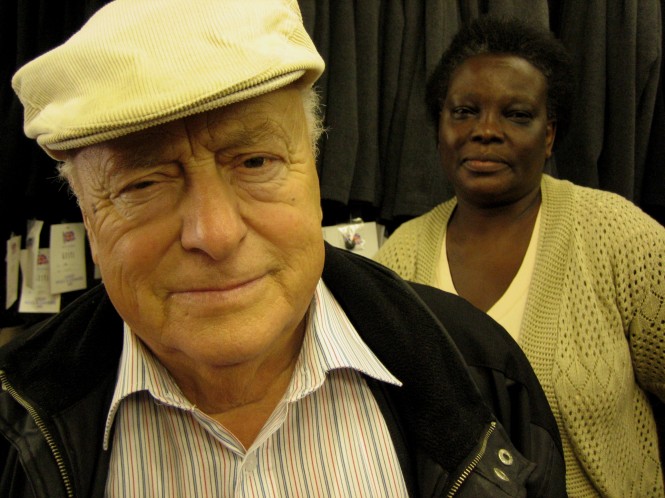Niall Martin in European Journal of Cultural Studies 16.6 (2013)
<a href=”http://www.cities.humanities.uva acheter viagra doctissimo.nl/wp-content/uploads/2015/01/montybetty1-665×498.jpg”>
Acknowledgement names a peculiar, and frequently uneasy, relation to knowledge. For example, when one acknowledges as one’s own an act or deed with which one wishes to dissociate oneself, one is simultaneously owning and disowning that act. Through accounts of China Miéville’s novel The City & the City, and Marc Isaacs’ documentary All White in Barking, this article asks what that sort of knowledge can tell us about the relationship between modernity (articulated around the myth of rupture) and the 21st-century city which seems to be held in thrall by modernity’s loss. Miéville’s novel sets out a parable of what Slajov Žižek terms the post-ideological condition, in which the categories of the known and unknown have been replaced by the acknowledged and unacknowledged. The implications of that paradigm shift are then examined through Marc Isaacs’s exploration of what acknowledgement might mean in the supposedly post-racist city proclaimed by the multicultural narrative of urban modernity.
Keywords: Accountability, acknowledgement, China Miéville, hospitality, Marc Isaacs, modernity, multiculturalism, post-ideological condition, recognition, urban modernity
